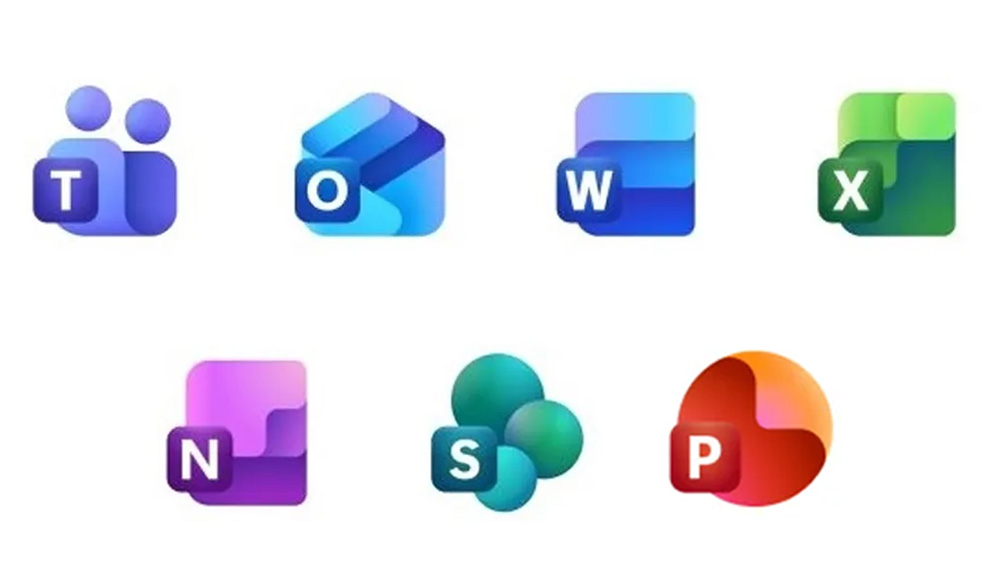Waymo Begins Testing Driverless Vehicles in Japan: A Major International Expansion

Waymo, the autonomous vehicle subsidiary of Alphabet Inc., is set to embark on a groundbreaking journey as it initiates testing of its driverless vehicles on public roads in Japan starting next week. This marks a significant milestone for the company, as it represents Waymos first foray into international territory. While the company has not yet confirmed plans to launch a commercial robotaxi service in Japan, the testing phase is viewed as an essential step towards understanding the unique driving environment of the country.
The primary objective of this testing phase is to gather vital data on Japanese driving nuances, which differ markedly from those in the United States. For instance, Japan drives on the left side of the road, and urban areas such as Tokyo feature a dense mix of pedestrians, cyclists, and vehicles. To aid in data collection, Waymo will employ a strategy of manual driving, enabling the engineers to observe and record mapping data essential for the program's success. The manual operation will be executed in collaboration with Nihon Kotsu, a well-established local taxi fleet operator, which will manage the logistics of the test.
Waymo plans to deploy approximately 25 vehicles for this initiative, and the first of these vehicles has already been spotted in a parking lot in the bustling metropolis of Tokyo. A LinkedIn user shared photos of the vehicle, highlighting the unique challenges that await Waymos engineers. Tokyo is known for its idiosyncratic urban landscape, characterized by tight, winding roads and a dynamic flow of pedestrians and cyclists who appear to effortlessly merge with vehicle traffic.
As part of the testing process, trained drivers from Nihon Kotsu will manually navigate the vehicles through seven central wards of Tokyo, including Minato, Shinjuku, Shibuya, Chiyoda, Ch, Shinagawa, and Kt. This approach aligns with Waymo's established practice of manually operating its vehicles upon entering a new city. It allows engineers to collect critical information on local traffic patterns and road features, which are essential for successful autonomous navigation.
Despite the vehicles just arriving, Waymo has already begun preparing for this venture. The company has been diligently training drivers and fleet managers affiliated with GO, a popular Japanese taxi app, to ensure that the transition to autonomous driving is smooth. Additionally, Waymo has been in active discussions with local authorities, government agencies, and first responders to ensure a collaborative and safe operation during the testing phase.
Nicole Gavel, Waymos head of business development and strategic partnerships, emphasized the company's commitment to local safety and trustworthiness in her statement: In Tokyo, we are abiding by the same steadfast principles that guide us in the U.S. commitment to safety, dedication to earning trust in communities where we operate, and collaboration with local officials and community groups here in Tokyo. This sentiment reflects Waymo's approach as it seeks to integrate its advanced technology into the fabric of a new market, maintaining open lines of communication with local stakeholders.























